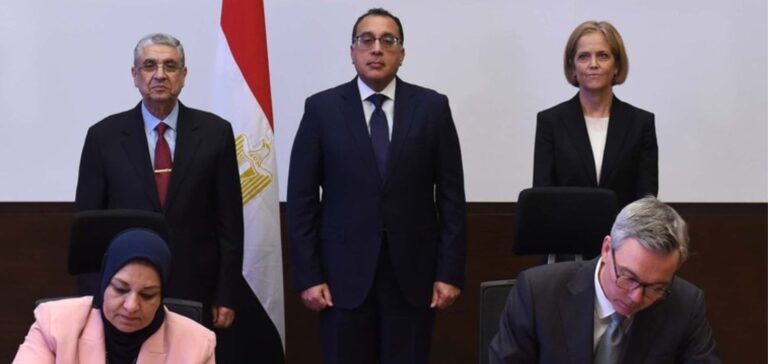On May 15, according to a government statement, the Egyptian Electricity Transmission Company (EETC) signed a memorandum of understanding with the Norwegian company Scatec ASA, which specializes in renewable energy solutions, to conduct studies on the Egypt-Europe power interconnection project via Italy.
Exporting electricity from Egypt to Europe
As part of the agreement, Scatec will have to obtain approval from the Italian grid operator and appoint an international consultant to identify the renewable energy sources that will be exported, decide on the necessary infrastructure elements, determine the route of the submarine cable and how it will be installed, said Sabah Mashaly, CEO and managing director of EETC.
The project aims to export electricity from Egypt to Europe via an undersea cable with a capacity of three gigawatts (GW), she added. This agreement is part of the strengthening of bilateral relations between Egypt and the European Union, especially in the field of renewable energy, said the Egyptian Minister of Electricity and Renewable Energy, Mohamed Shaker.






















